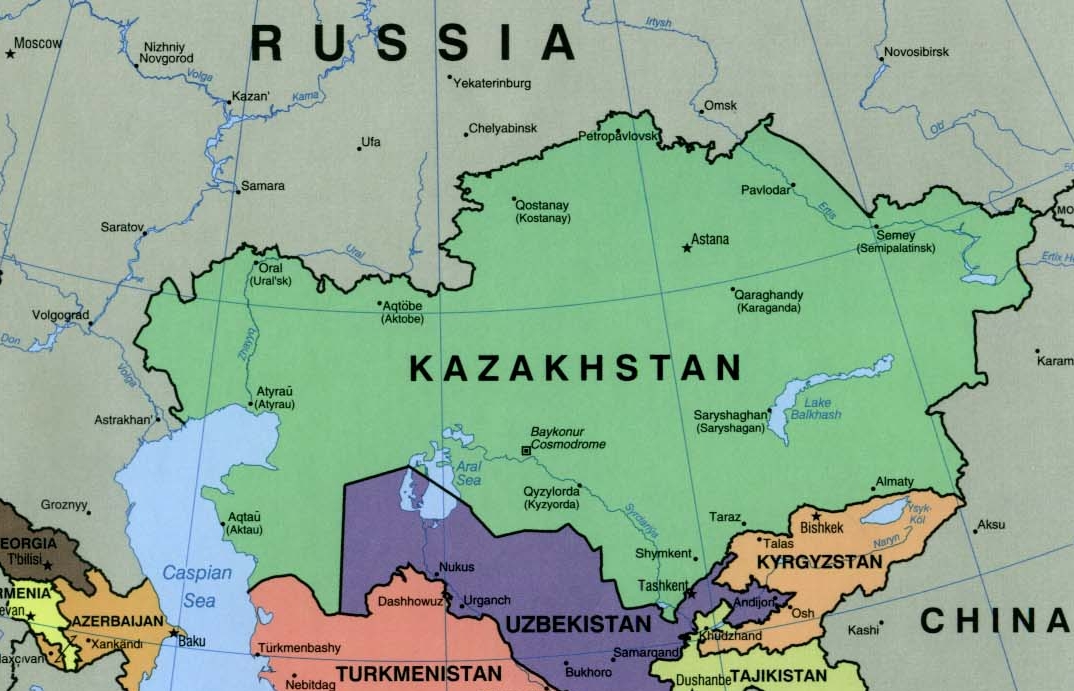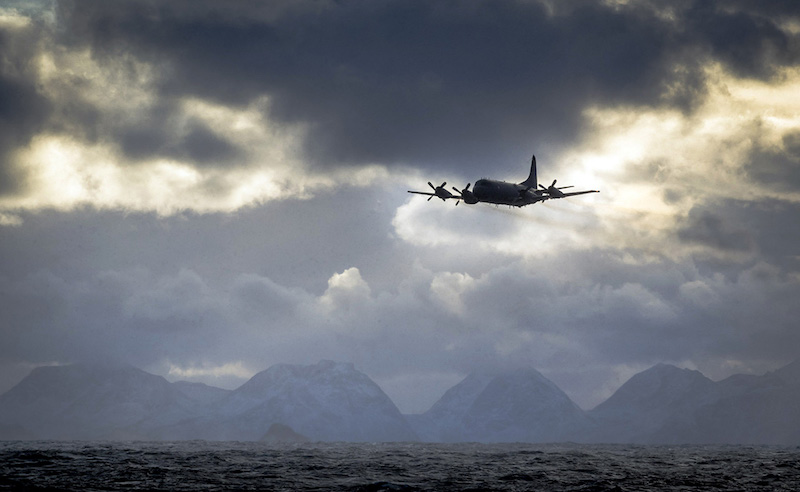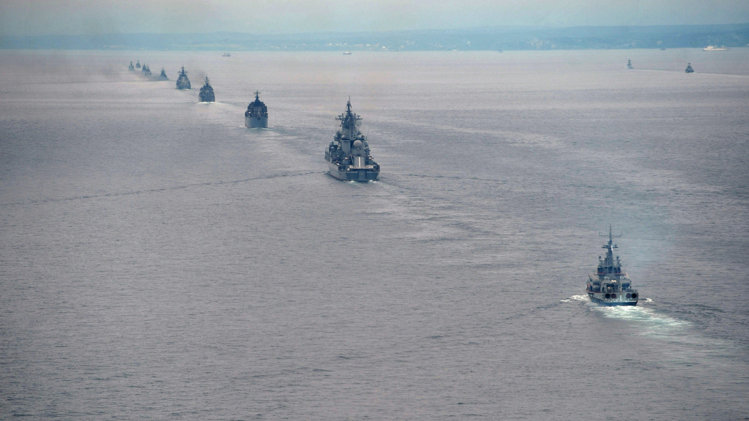The NATO Defense College has released a new research paper discussing the potential for a Russian attack in Central Asia, specifically Kazakhstan. Written by Dr. Zhulduz Baizakova, Visiting Research Scholar at the Near East South Asia Center for Strategic Studies in National Defense University, and Roger McDermott, Senior Fellow in Eurasian Military Studies at Washington’s Jamestown Foundation, the paper aims to assess Russia’s intentions in Central Asia and the probability for aggression in the region. This issue has been of particular concern since Russia’s illegal annexation of Crimea, and the subsequent war in Ukraine.
According to the paper, there are several reasons why Kazakhstan may appear to be under threat: Firstly, Kazakhstan is the only state in Central Asia bordering Russia. Secondly, the border between both countries is the longest in the world (7,590km). Thirdly, ethnic Russians account for over 21% of the population, and live in northern areas close to the border. In light of these facts, the authors suggest that Central Asia may become an “unofficial battlespace” for influence between Russia and the West. However, a closer look at the relationship between Kazakhstan and Russia reveals the unlikelihood of such a situation.
To evaluate the validity of the threat, the authors examine the Central Asian response to the Ukraine crisis. They argue that while each state has demonstrated its own unique response to the events in Crimea, the general response has been passive, with Central Asian governments non-committal to the events.
Moreover, Kazakhstan differs greatly from Ukraine in its social and political situation, presenting a solid-foundation to build on. For instance, Kazakhstan has adopted no new legislation concerning its ethnic Russian minorities and, unlike other countries in Central Asia, has never had serious inter-ethnic conflict. Russian nationalism is also not deep-rooted in the country, and ethnic Russians are treated better in Kazakhstan than in the Baltic States. This decreases the probability of a Russian invasion as, according to a recent NATO draft, protecting its citizens abroad is a top priority for Russian security and defence goals.

Vladimir Putin has further reiterated the differences from Ukraine, referring to Kazakhstan as Russia’s “closest strategic ally and partner” and praising Nursultan Nazarbayev’s leadership of the country. In fact, the most convincing evidence the authors present in support of their thesis is the impracticality of a Russian attack in Kazakhstan. Russia’s actions in Crimea in 2013-2014 were dependent on the existence of the Black Sea Fleet base in Sevastopol, and occurred with a weak government in Kyiv. Enacting a similar manoeuvre in Central Asia would simply not be possible given the absence of a large enough military base to operate from and the support of the local populace for the Kazak government. Russia and Kazakhstan are also defence and security allies, and share mutual economic interests.
Overall, Baizakova and McDermott present a well-argued piece that outlines why a Russian attack on Kazakhstan and the Central Asia region is not only unlikely, but also unfeasible. While the proximity of Kazakhstan to Russia may be an initial cause for concern, a closer examination of the Kazak population, foreign policy, and Russian agenda eradicates this fear.
Given the authors’ backgrounds and nature of the topic, the paper serves as a relevant resource for military and diplomatic personnel seeking to make sense of Russia’s intentions in the near-abroad and possibly elsewhere. This research can also aid those tasked with policymaking and risk assessment involving the region, and extinguishes another fear for international leaders and organizations regarding Russia. As the war in Donbass and Russian airstrikes in Syria continue, it is important that NATO and Western diplomatic and military focus do not stray over an unwarranted threat.
Baizakova and McDermott provide readers with a potent reminder that scaremongering by the media should not be taken at face value. Although Kazakhstan is a NATO partner, it remains on good terms with Russia, successfully pursuing a policy that appeals to both allies at opposing ends of the spectrum. The paper concludes that the West must look at why Astana and Moscow have such a strong relationship and see if it can be a potential bridge to ease tensions and future confrontations.



